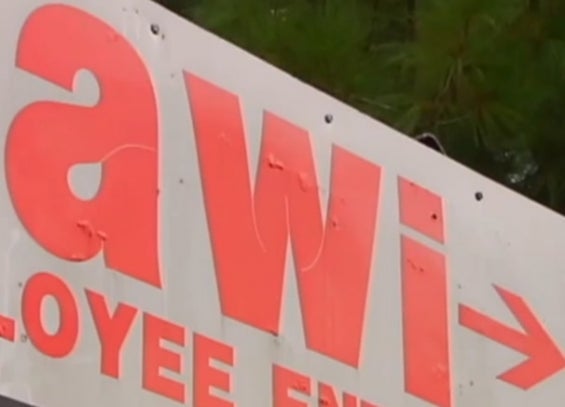Uncategorized
Teamsters Playing Active Role to Protect Jobs in Bankruptcy

In an effort to keep you informed on the AWI/White Rose bankruptcy, we have developed this webpage (www.teamster.org/awi-whiterose) which will be regularly updated. This site will have relevant documents and news articles related the bankruptcy process. Please provide us feedback on the site so we can best keep you informed.
The Teamsters have played active roles in prior bankruptcies involving companies in many different industries. Most recently, we played a central role in Allied Transportation bankruptcy, keeping Allied out of the hands of private equity/hedge funds and facilitating the purchase by Teamster-represented Jack Cooper Transport Co. (Read more at http://ibt.io/allied). We have assembled a team to monitor the AWI/White Rose bankruptcy and will play an active role in an effort to best protect your jobs, wages and benefits.
There are a few items to note about the AWI/White Rose Chapter 11 bankruptcy filing. First, for most bankruptcies this size, the U.S. Trustee – a government official – appoints an official body called the Unsecured Creditors’ Committee (UCC). The UCC is made up of the largest unsecured creditors (creditors who are owed money but do not have a lien or mortgage on the company’s property to secure the debt). On September 17, the U.S. Trustee appointed a seven-member committee in the AWI/White Rose bankruptcy. This committee includes representatives from the Teamsters Warehouse Division (on behalf of the six local unions), the Pension Benefit Guaranty Corporation (PBGC), and five trade creditors (Conagra, Smuckers, Nestle, Kraft, and McKesson). Each committee member receives one vote.
Second, this bankruptcy was filed with a specified plan to sell the company within a short time period, as outlined by the “Bid Procedures” (see the FAQ for a definition of this and other bankruptcy terms). So this is not an ordinary Chapter 11 bankruptcy filing. This filing was done with the intention of selling the company to C&S or a higher bidder – not for AWI/White Rose to reorganize itself as a “going concern.” The C&S bid is the opening bid, also known as a “stalking horse bid.” The terms of the sale are outlined in a document call the Asset Purchase Agreement (APA), which provides for the following timeline:
- September 22: Objections to the bid procedures are due
- September 23: Hearing and decision on the “bid procedures” in bankruptcy court
- October 22: Competing bids (i.e. bids by entities other than C&S) are due
- October 24: Auction takes place if competing bids have been submitted
- October 28: Hearing and decision on the motion to sell to the selected bidder
- November 1: If a sale order has NOT been entered, C&S has the right to terminate its proposed bid
Lastly, the APA does not state whether Teamster collective bargaining agreements will be assumed and assigned. “Substantially all” employees are supposed to be offered employment at the purchaser. We will not know until 15 days prior to the auction whether contracts will be assigned and what value will be assigned to any unpaid obligations.
We will continue to keep you updates as the process moves forward.